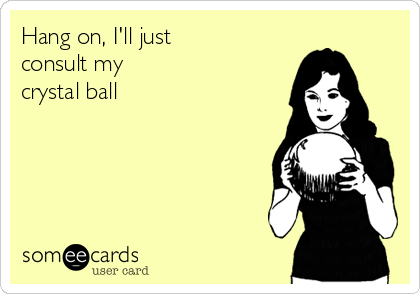When someone tells you to “up your green game,” what do you think of? Do you imagine roofs lined with solar paneling? Do you think of a house that is completely off the grid? Do you start to panic, imagining how much turning your home into a “green” home will cost? Before you freak all the way out, here is some good news: going green doesn’t necessarily mean making huge costly improvements to your home.
For the most part, going green means making small changes, all of which save you money in the long run. Here are just a few examples:
Switch to Green Energy
It’s true: in many markets, switching to an entirely green energy plan may actually cost you more money, but that increase in cost is relatively small. Typically, if you live in a regulated market, upgrading to renewable power adds about $10 to your monthly bill-less if you watch your energy consumption (we’ll talk about that in a minute).
If you are lucky enough to live in a deregulated market, however, (like Texas, Illinois, Alberta, etc) you can shop around using sites like LocalElectricityCompanies.com for green power plans that will fit your budget. You might even be able to find a green power plan that costs less than what you’re currently paying for.
Use Less Power
Duh, right? Obviously one of the quickest and easiest ways to “green up” your home is to power it down as much as possible. Most families do this via simple habit switches like turning off the lights when they leave a room, adjusting their thermostats by a few degrees, etc. Here are some other things you can do to reduce your power consumption:
Switch to LED bulbs as your CFLs burn out. LED bulbs do cost more at the outset (at the time of this article’s writing, they are about $20 per bulb) but they are the most energy efficient bulb currently available. They use less power and last longer than incandescents, fluorescents, and even CFLs (and you don’t have to wait for them to “warm up” like you do CFLs). Over the course of a bulbs lifetime it can drastically reduce the amount of power you consume, thereby saving you hundreds of dollars in energy bills.
Invest in a Solar Charger or two. Solar chargers are primarily the purview of outdoorsy types; they’re a great way to keep devices charged without requiring heavy backup batteries, etc. They’re also quite popular with travelers who don’t want to worry about finding an outlet at the airport. You can also use them in your home to reduce your power consumption. Small chargers work great for cell phones and tablets. You’ll want a larger charger if you want to charge laptops or multiple devices at the same time.
Grow Your Own
Yes, we know: not everybody has the yard space for a large fruit, veggie, or herb garden. Some of you live in tiny spaces with no yards at all. Guess what: even if you live in a tiny apartment, you can still grow a few things. Herb gardens, in particular, work well on window sills and in small containers. Growing your own herbs and, if you have the space for it, produce saves you tons of money at the grocery store. It reduces the number of trips to the store you have to make. It can also, if you’re growing your herbs and produce inside, improve the air quality of your home. This improvement reduces the burden on your air filters and HVAC system, making it cheaper and easier to maintain.
PRO TIP: Set up a compost pile or under-sink worm bin so that you can fertilize your plants organically with your own compost instead of spending lots of money on compost or fertilizer from your local nursery.
Water Harvesting
Yes, you already know how to take a military styled shower and are already doing that in an effort to reduce your water consumption. You also only wash full loads of dishes and laundry. Guess what: there’s more you can do. Saving your gray water (the water that collects in the tub while you’re rinsing off, and that flows through your gutters when it rains) and pure rainwater is a great way to reduce the amount of water you access via the municipal supply, which reduces your monthly water bill. Setting up rain barrels is relatively simple and cost effective and while you shouldn’t use gray water for cooking, it does have many other uses around the house.
It might sound silly, but the greener you can make your home, the less you will spend on everything from utilities to grocery costs. Use these tips to help you green up your life!





